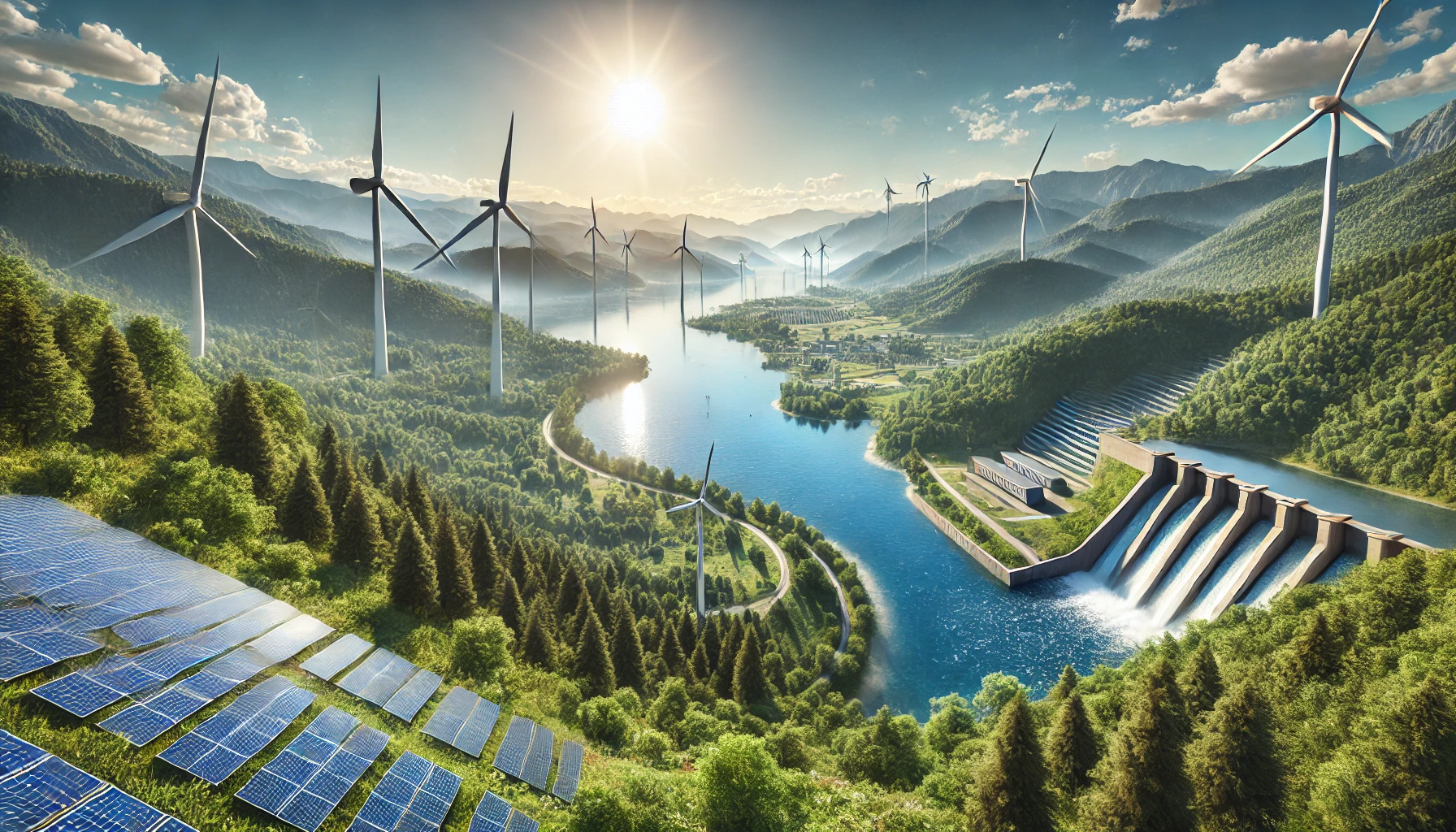Deputy Minister of Electricity and Energy, Samantha Graham-Maré, has emphasized the urgent need for reforms to eliminate bureaucratic barriers that hinder the progress of renewable energy projects in South Africa. These reforms are critical for unlocking investment, accelerating project implementation, and addressing the nation’s energy crisis.
Speaking during a recent engagement with stakeholders in the renewable energy sector, Graham-Maré highlighted the need to cut through administrative red tape that slows progress. “While South Africa has made significant strides in renewable energy, there are still bureaucratic hurdles slowing down progress. We must act now to remove these obstacles and unlock the full potential of our renewable energy future,” she said.
Among the challenges identified are lengthy processes for Section 53 approvals under the Mineral and Petroleum Resources Development Act (MPRDA), cumbersome zoning and land-use permissions, delays in procurement processes, and bottlenecks in grid access for energy distribution and transmission. These obstacles have led to slowed implementation of critical projects at a time when energy security is a pressing national priority.
Reforms to Drive Economic and Social Benefits
The proposed reforms aim to simplify application and permitting processes, empowering developers to calculate tariffs more efficiently and secure financing with greater confidence. “These measures will enable renewable energy projects to break ground faster, driving job creation, enabling predictable demand for local small, medium, and micro enterprises (SMMEs), and accelerating South Africa's journey toward energy security,” Graham-Maré explained.
The reforms are expected to position South Africa as a competitive player in the global renewable energy market. By addressing inefficiencies, the country can attract significant local and international investment, creating a virtuous cycle of growth, energy independence, and environmental sustainability.
A Call to Action for Investment and Innovation
Graham-Maré underscored the importance of creating a predictable and supportive policy environment to foster confidence among investors. “With decisive action, we can build on the positive momentum already created and position South Africa as a leader in renewable energy investment,” she said. “By creating a clear, predictable policy environment, we not only encourage investment but also accelerate the delivery of renewable energy solutions.”
The Deputy Minister also emphasized the broader socio-economic benefits of renewable energy investment. Beyond ensuring energy stability, these projects will contribute to economic growth through job creation, increased demand for local industries, and enhanced opportunities for skills development in green technologies.
Strengthening South Africa’s Energy Infrastructure
The Department of Electricity and Energy is working closely with other government entities and private stakeholders to implement these reforms. This includes improving the regulatory framework for independent power producers (IPPs), streamlining grid access processes, and reducing approval times for renewable energy projects.
South Africa’s renewable energy sector has already demonstrated its potential through initiatives such as the Renewable Energy Independent Power Producer Procurement Programme (REIPPPP). However, removing current obstacles could exponentially increase its impact, contributing significantly to national energy security and sustainability goals.
By addressing these systemic challenges, South Africa aims to not only meet its growing energy demands but also fulfil its climate commitments and transition toward a greener, more inclusive economy.











